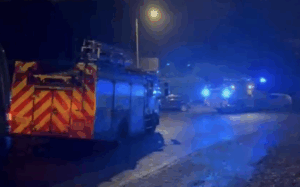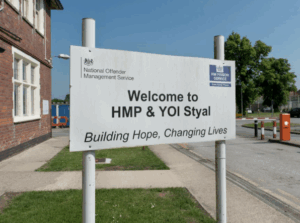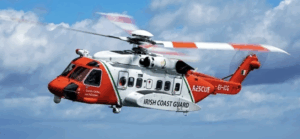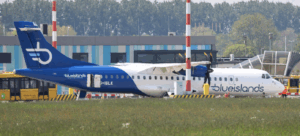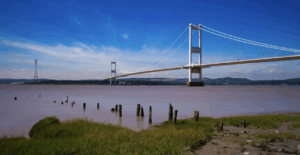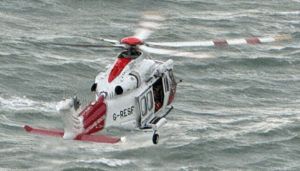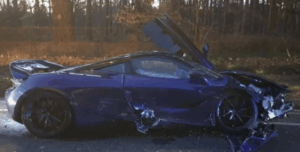Construction Site Safety: The Often-Ignored Rules That Prevent Disasters
The construction industry accounts for a disproportionate number of workplace fatalities despite representing only a small percentage of the workforce. Implementing robust safety protocols isn’t just about compliance – it’s a moral obligation that protects workers while preventing costly project delays and legal repercussions.
Planning Prevents Peril
Effective construction project management begins with comprehensive hazard analysis before breaking ground. Experienced supervisors should conduct thorough risk assessments, mapping potential dangers specific to each project phase. This proactive approach eliminates the majority of preventable incidents through careful planning rather than reactionary measures.
Working at Height Protocols
Falls remain the leading cause of serious injuries and fatalities on construction sites. Proper edge protection systems must be installed for any work above 2 metres – this means properly secured guardrails, not just personal fall arrest equipment. Fragile surfaces require additional precautions with clearly marked exclusion zones and safety netting where appropriate.
Electrical Safety Essentials
All portable equipment should use reduced-voltage systems with proper transformers – never makeshift connections. Maintain safe distances from overhead power lines, using trained banksmen when operating machinery near live wires. Underground services must be properly located and marked before any excavation work begins.
Scaffolding Standards
Temporary working platforms require competent supervision during assembly. All components must be inspected for defects before use, with damaged parts immediately removed from service. Base plates need firm, level footing – never use loose blocks or unstable supports that could compromise structural integrity.
Material Handling Mathematics
Accurate load calculations prevent equipment failures and collapses. Consider not just the weight of objects being moved, but also the additional forces from rigging and environmental factors like wind. Cranes and lifting equipment require thorough examination by competent persons before each use.
Respiratory Protection
Basic dust masks don’t provide adequate protection against silica or chemical vapours. Proper respiratory equipment needs fit testing and regular maintenance. Air monitoring should be conducted to determine appropriate protection levels for specific tasks and environments.
Excavation Safety
Trench collapses can bury workers in seconds. Proper shoring or battering becomes mandatory beyond certain depths, with daily inspections for changing ground conditions. Keep excavated materials well clear of trench edges to prevent dangerous cave-ins.
Tool Maintenance
Power tools with damaged cords or missing guards cause countless preventable injuries. Implement a rigorous inspection system where only properly maintained equipment is allowed on site. Demolition tools require particular attention due to the higher risks of component failure.
Emergency Preparedness
Every site needs clearly documented emergency procedures and trained first aid providers. Evacuation routes must be kept clear at all times, with regular drills conducted to ensure all workers understand emergency protocols.
Building a Safety Culture
Compliance alone isn’t enough – sites need to foster a culture where safety comes first. Encourage near-miss reporting without penalty and conduct meaningful toolbox talks that address specific risks for upcoming tasks. Workers should feel empowered to stop unsafe activities without fear of reprisal.
Documentation Matters
Verbal instructions won’t stand up in court. Maintain comprehensive records of safety meetings, equipment inspections, and training certifications. These documents prove invaluable during investigations and help demonstrate due diligence.
Keep Your Site Safe
The true cost of accidents extends far beyond immediate medical bills. Project delays, equipment damage, increased insurance premiums, and reputational harm can cripple a business. More importantly, no deadline or budget target justifies compromising worker safety – this principle must guide every decision on site.







